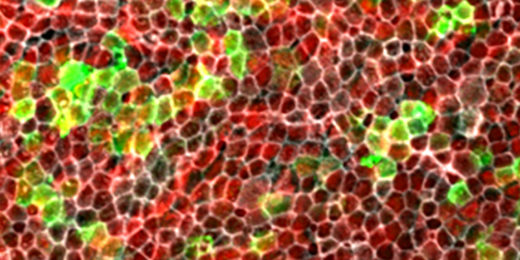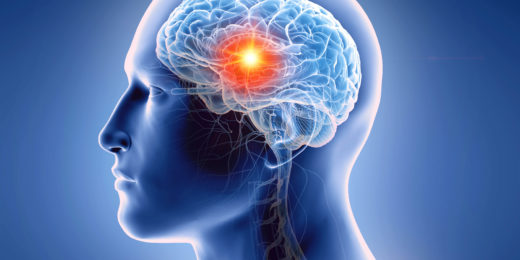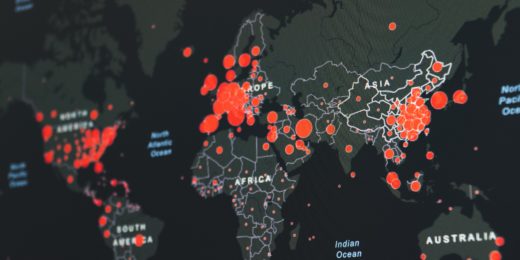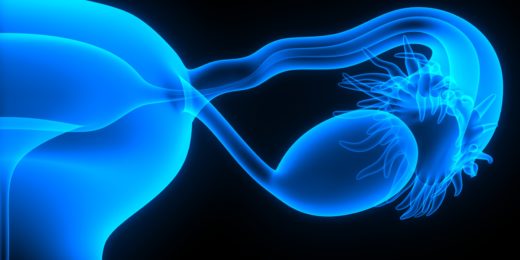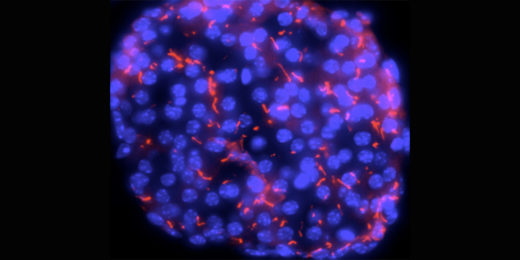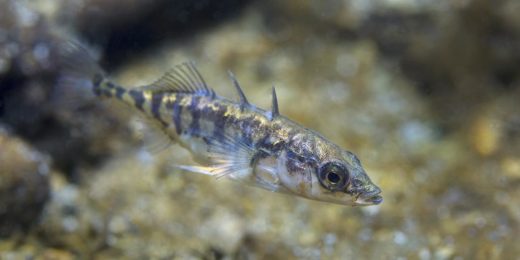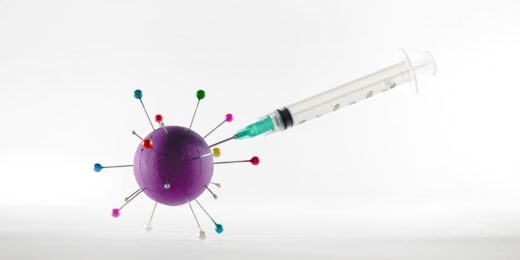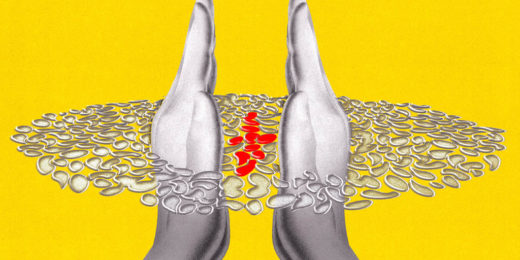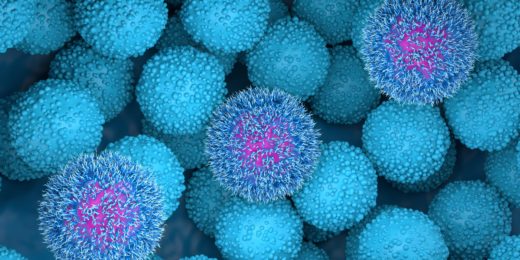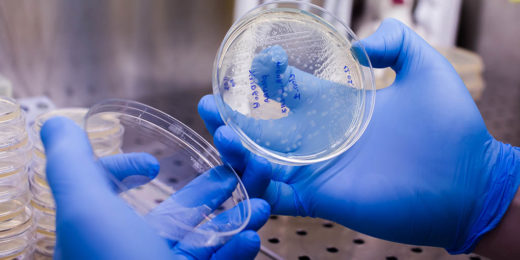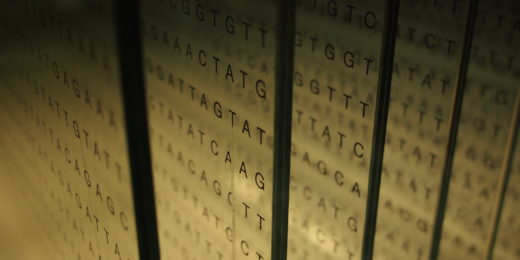A Stanford Medicine researcher discusses COVID-19 vaccination for children and why it's important for them to get the shot.
Author: Krista Conger
Why are smokers at an increased risk for severe COVID-19?
Tobacco smoke blocks airway cells from making a protein that protects against infection by the virus that causes COVID-19.
Unleashing the immune system to fight brain cancers
Neurosurgeon Michael Lim studies how to unleash the immune system to attack a type of brain cancer called glioblastoma.
Pandemic Puzzle: The role of data in the pandemic
Stanford Medicine biomedical data scientist weighs in on the role of data as we respond to the pandemic and prepare for the future.
Pandemic Puzzle: Health disparities and equitable recovery
In Stanford's Pandemic Puzzle virtual symposium, experts discuss medical and economic issues of the Covid-19 pandemic.
How ovarian cancers evade the immune system
A common ovarian cancer evades detection by convincing nearby immune cells to treat it as a developing fetus.
Diabetes, obesity and … the primary cilia?
A protein on a cell structure called the primary cilia links diabetes and obesity. The discovery may lead to new diabetes treatments.
From fish to finch — learning how to adapt to climate change
Tiny fish evolve rapidly and predictably by diving into a 'genetic toolbox' shared with other organisms including Darwin's finches.
A better COVID-19 vaccine?
A new way to deliver mRNA as a COVID-19 vaccine may avoid side effects and increase customization to prevent infection.
Keeping treatment-resistant skin cancer cells in check
Anthony Oro is devoted to understanding the origin of basal cell carcinomas. Now he's found how some become resistant to a common treatment.
New findings expand hopes for a stem cell cancer ‘vaccine’
Induced pluripotent stem cells share proteins with some cancers. The cells can be used as a vaccine to prevent pancreatic cancers in mice.
Medical residents reflect on a tumultuous pandemic year
Medical residents at Stanford worked together to care for Covid patients during the pandemic without sacrificing their education.
Evading exhaustion to improve CAR-T cell therapy
'Resting' exhausted cancer-fighting immune cells enhances their tumor-killing activity, which may help people with blood and solid cancers.
Earlier colonoscopies halve subsequent cancer risk
People who have their first colonoscopy between the age of 45 and 49 halve their risk of subsequent colorectal cancers, a Stanford Medicine study has found.
Less is more? Focused genetic testing recommended for breast and ovarian cancers
Ovarian cancer genetic testing is underused and large gene panels lead to uncertain results, particularly for non-white patients, a Stanford Medicine study finds.
A cancer treatment that tackles heart disease?
A Stanford-developed anti-cancer therapy currently in clinical trials may also reduce vascular inflammation in heart disease.



